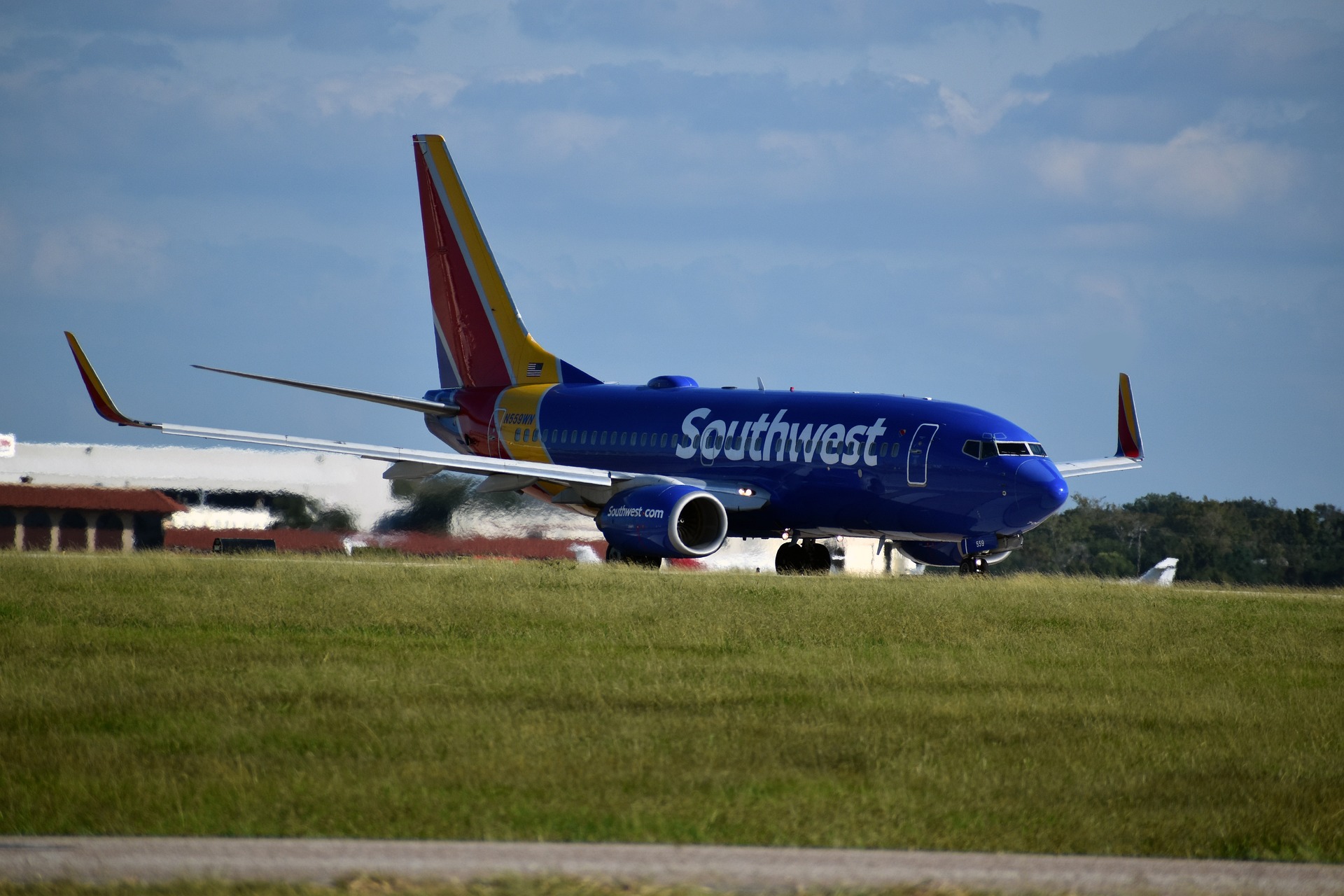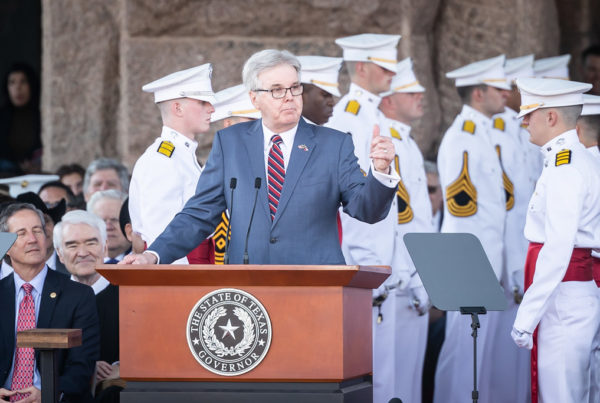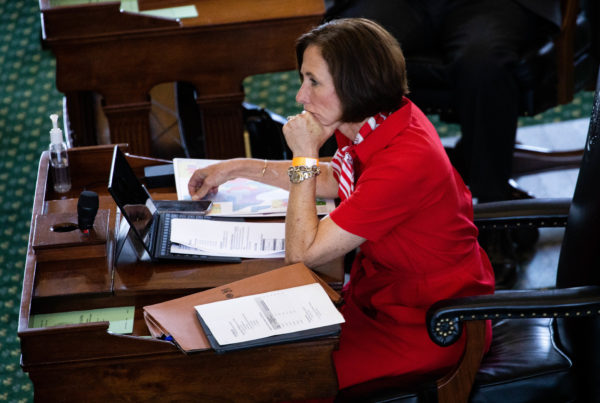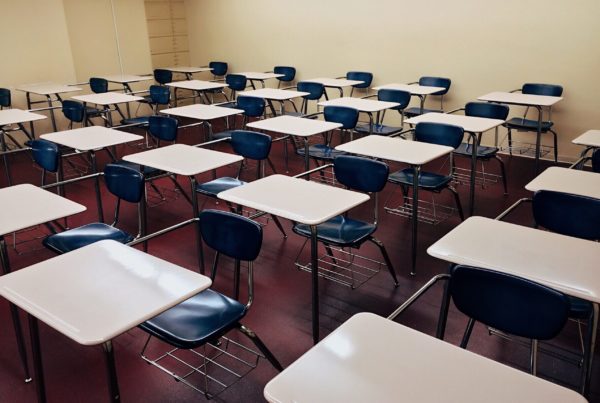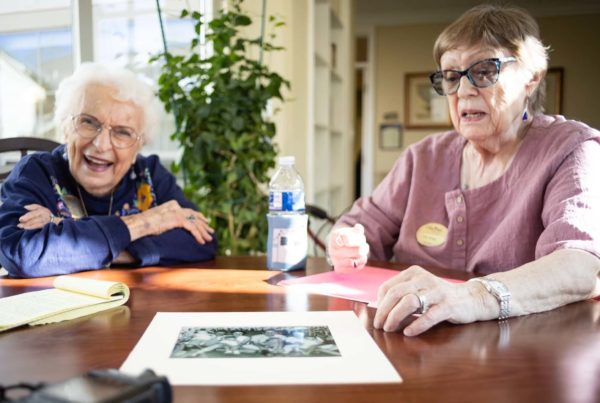Reliability was once a hallmark of Dallas-based Southwest Airlines. The biggest luxury aboard a Southwest flight might be honey-roasted peanuts, but the flight itself would leave and arrive on time – that you could bank on, weather permitting.
That reputation took a big hit in December though, when Southwest had a very bad week. The airline cancelled over 15,000 flights in just over a week, stranding more than 2 million passengers around the holidays.
On Thursday, Southwest Chief Operating Officer Andrew Watterson testified before a congressional panel to explain what happened. Kyle Arnold, aviation reporter for the Dallas Morning News, kept tabs on that meeting. He spoke to Texas Standard about Southwest’s path forward.
This transcript has been edited lightly for clarity:
Texas Standard: Tell us a little bit about this hearing. Was it called specifically to examine what happened with Southwest Airlines?
Kyle Arnold: Yeah, unlike a lot of other congressional hearings, it wasn’t industrywide so much as it was really focused on Southwest Airlines. Chief Operating Officer Andrew Watterson was there to explain what went wrong over the holidays.
What did Southwest executives have to say for themselves about why so many delays and cancellations back during that December period?
They’ve really pivoted over the last couple of weeks from a technology problem to a kind of a broader winter weather, operational lack of preparedness, which is, you know, kind of strange. They did say that there would be a fix to the software issue that caused the crew problems over the holidays where pilots and flight attendants were unaccounted for and they couldn’t figure out how to get them assigned to their next flight. But, you know, they were saying that they could have canceled more flights in advance or that they could have had engine covers for planes in Denver where the weather got really cold. But overall, they’re kind of trying to make it a little broader and not a focus of just their antiquated technology, as some people pointed out.
I wonder why the pivot. I mean, let me just put the question to you: Is there a possibility that Congress could take additional regulatory action against Southwest and the airline’s trying to head that off at the pass as much as they can?
That’s what everybody is afraid of. They don’t want to see, you know, fines for delays or for cancellations. They don’t want to see extra rules that people have proposed about families staying together. They want to be self-regulating as much as possible. And Southwest doesn’t want to be the reason for this problem.
» MORE: Southwest’s historic meltdown was the result of ‘benign neglect’ years in the making, experts say
Well, meanwhile, I think it’s worth noting that Southwest announced a change to its hiring standards. The airline is lowering the amount of flight time that prospective pilots have to have in a certain type of plane, which I assume is the Boeing 737. Is that right?
Well, it’s actually they want you to have 500 hours of fly time now in a turbine or a turboprop jet, which is essentially a jet. And this will allow people from regional carriers that are flying, you know, smaller Embraer Air, Bombardier airplane, you know, into the airline as well. But, yeah, they sliced it from 1,000 to 500 [hours]. And that’s just to stay competitive in this tough environment for hiring pilots.
Well, what does that change say about Southwest’s own labor situation?
Well, the the union says they need stricter training across the board. You know, they’re in there in open negotiations with their pilots. Their pilots have been super salty about everything, about not getting a deal so far. They want raises just like everyone else in this inflationary environment. And they think it’s their time to get some money and some some changes to their contract now that the airlines are profitable again.
Is this a cause for concern when it comes to safety?
Well, other airlines have been flying at that 500-hour rule. And if you’ve flown on, you know, an American Eagle flight or a United Express flight, you’ve been flying with pilots that come in with even less experience. But the mainline airlines usually require you to have a little more training when you come in. You’re flying, you know, for the premiere, the flagship part of the fleet. Southwest doesn’t have that regional airline, of course, so they’ve always been hiring pilots with a little more experience. So they say that it just aligns them to the rest of the industry. But Southwest’s pilots union said that they need more training overall when they come in the door.


